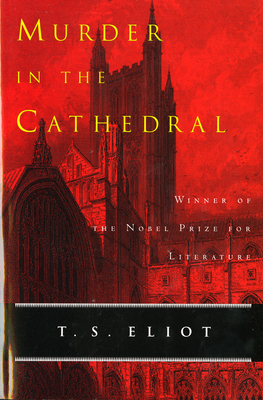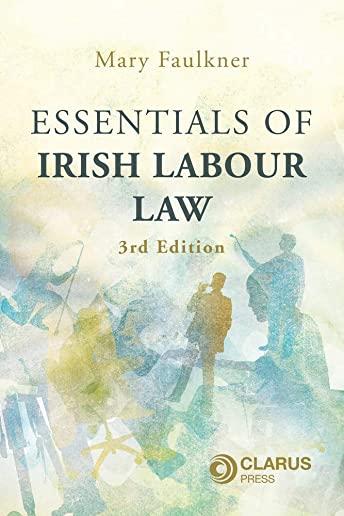
description
drama, a retelling of the murder of the archbishop of Canterbury
Murder in the Cathedral, written for the Canterbury Festival in 1935, was one of T. S. Eliot's first dramatic achievements, and it remains one of the great plays of the century. It takes as its subject matter the martyrdom of Thomas Becket, Archbishop of Canterbury, depicting the events that led to his assassination, in his own cathedral church, by the knights of Henry II in 1170. Like Greek drama, the play's theme and form are rooted in religion, ritual purgation and renewal, and it was this return to the earliest sources of drama that brought poetry triumphantly back to the English stage at the time.
"The theatre is enriched by this poetic play of grave beauty and momentous decision." --The New York Times
member goods
No member items were found under this heading.
Return Policy
All sales are final
Shipping
No special shipping considerations available.
Shipping fees determined at checkout.







